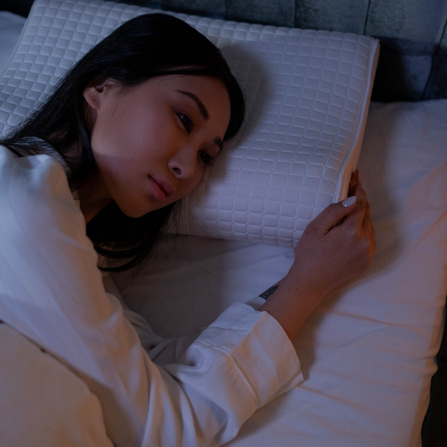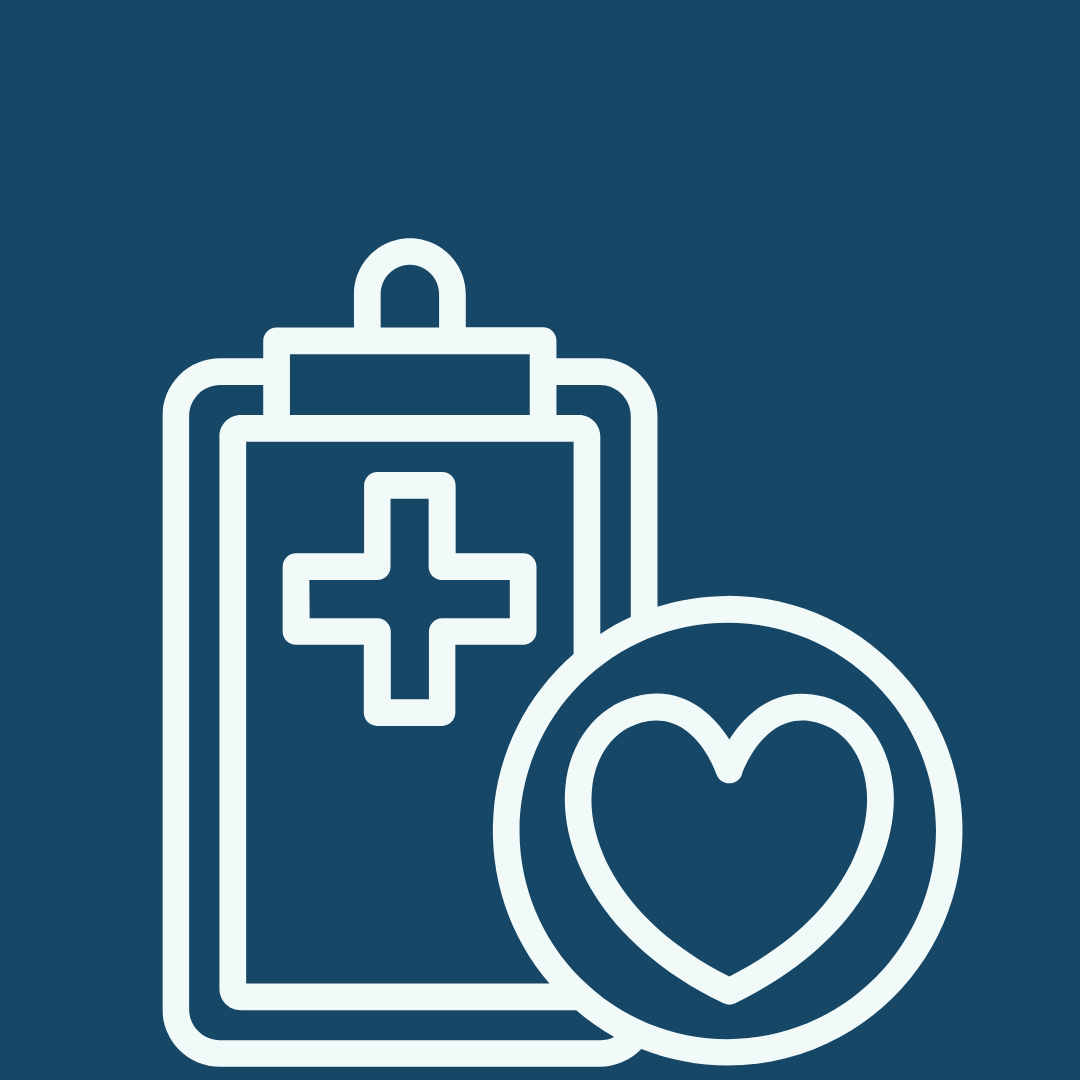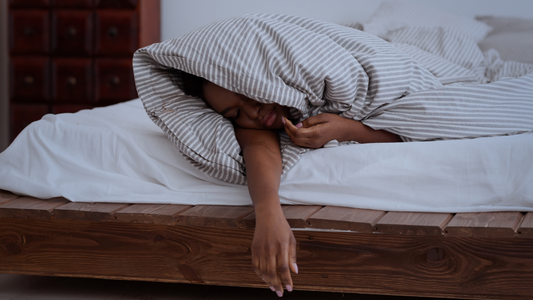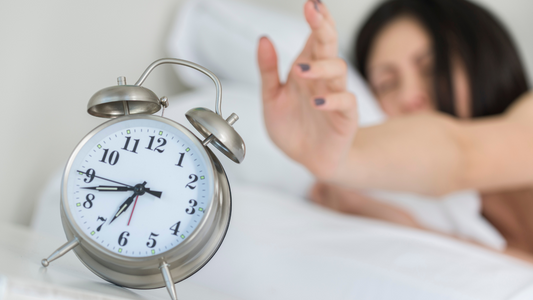What Is Insomnia?
Insomnia is a sleep disorder that makes it difficult to fall asleep, stay asleep, or return to sleep after waking too early. Over time, it can cause daytime fatigue, memory issues, irritability, poor work performance, and even lead to long-term mental and physical health challenges.
Most adults need 7–8 hours of sleep each night, but people with insomnia often get far less — or find their sleep to be fragmented and unrefreshing. Whether short-term or chronic, insomnia deserves expert attention.

Types of Insomnia
- Primary Insomnia: Occurs independently of other medical or psychiatric conditions
- Secondary Insomnia: Caused by an underlying health condition (e.g., anxiety, chronic pain, asthma), medication, or substance use
Some people experience insomnia symptoms occasionally and can benefit from behavioral guidance. Others experience the syndrome of insomnia, where daytime symptoms — such as poor memory, mood swings, or chronic exhaustion — indicate the need for specialized treatment.

Special Considerations: Insomnia in Women
Hormonal fluctuations, pregnancy, menopause, and increased risk of anxiety or depression make women more prone to insomnia. Many women suffer from both sleep disturbances and coexisting mental health conditions, requiring integrated treatment.

Travel Insomnia
Jet lag, unfamiliar environments, or the "First Night Effect" can prevent restful sleep while traveling. Difficulty entering REM sleep and brain alertness in new spaces may result in temporary insomnia.

Workplace Impact
Chronic insomnia reduces performance, concentration, and productivity. It increases the risk of work-related errors, accidents, and burnout — and often results in more sick days or long-term disability claims.

Insomnia and Mental Health
Sleep and mental health are deeply connected. Insomnia may:
- Trigger or worsen depression, anxiety, or suicidal thoughts
- Lead to psychotic episodes, paranoia, or hallucinations
- Increase feelings of isolation, indecisiveness, and irritability
- Reduce your ability to regulate emotions and cope with stress
Treating insomnia can significantly improve mental health outcomes — especially when guided by a physician who understands the full picture.









